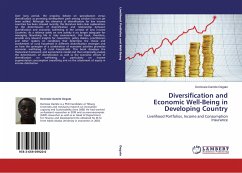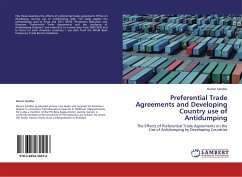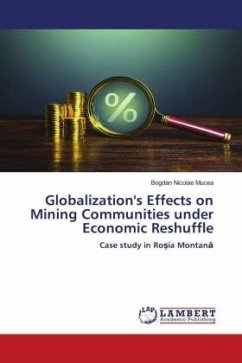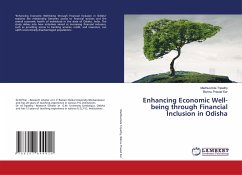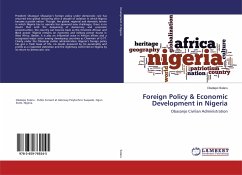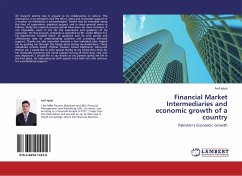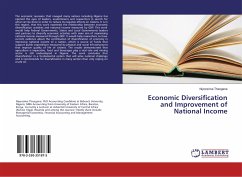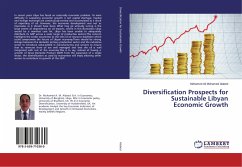Over long period, the ongoing debate on specialization versus diversification as promising development path among scholars has not yet been settled. Although the relevance of diversification for low income countries has been stressed recently, this literature lacks clear explanations on the determinants of diversification and relationship between diversification and economic well-being in the context of Low Income Countries. As a reliance solely on one activity is no longer adequate for managing flourishing life in risky environment, this book, therefore, provide very relevant insights for researchers, policy makers, practitioners and other readers on conditions that determine the choice and involvement of rural household in different diversification strategies and on how the synergism of a combination of economic activities promotes economic well-being of rural households. This book develops the theoretical framework and econometric model and then empirically analyze the determinants of diversification as well as the economic effects of diversification on well-being, in particularly on income augmentation,consumption smoothing and on the attainment of equity in income distribution
Bitte wählen Sie Ihr Anliegen aus.
Rechnungen
Retourenschein anfordern
Bestellstatus
Storno

